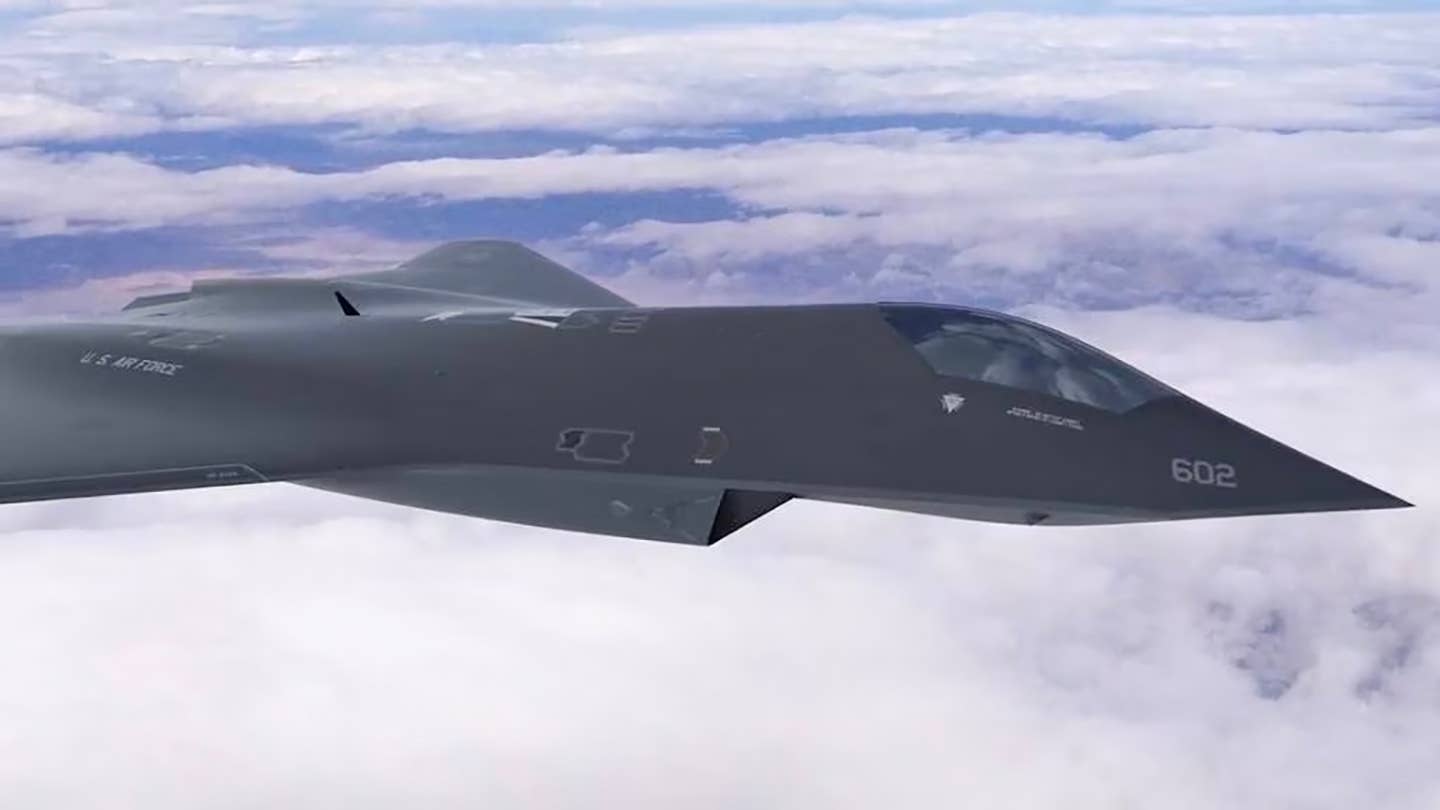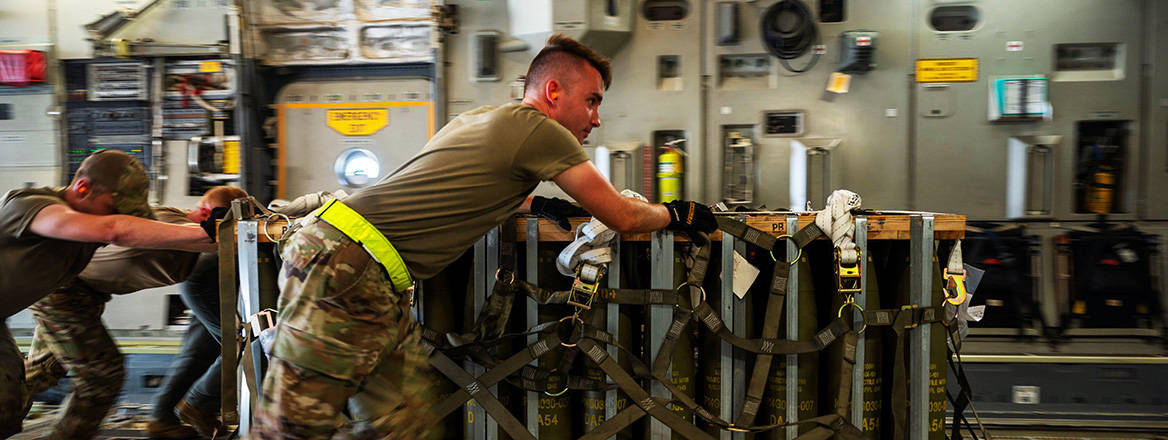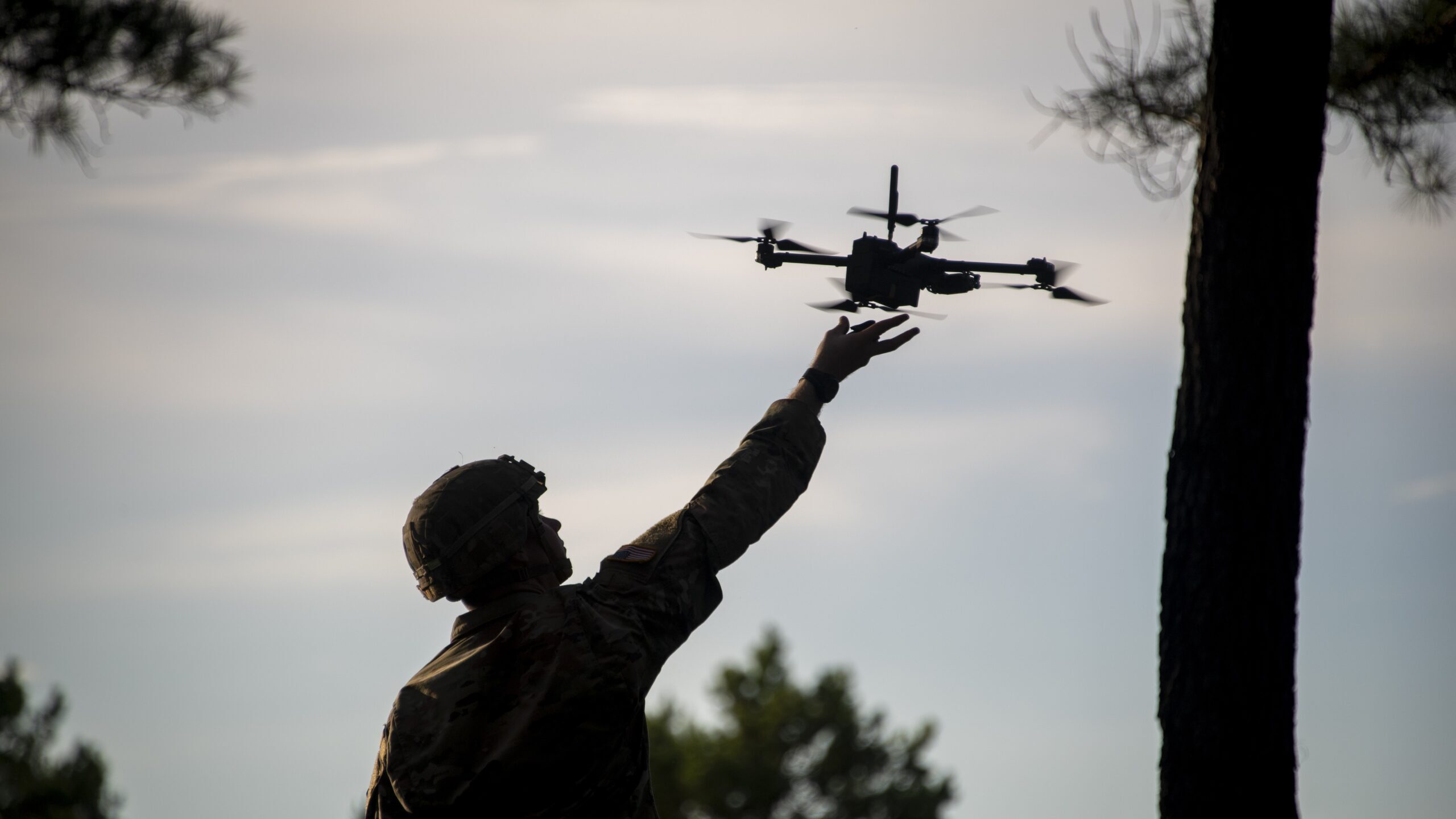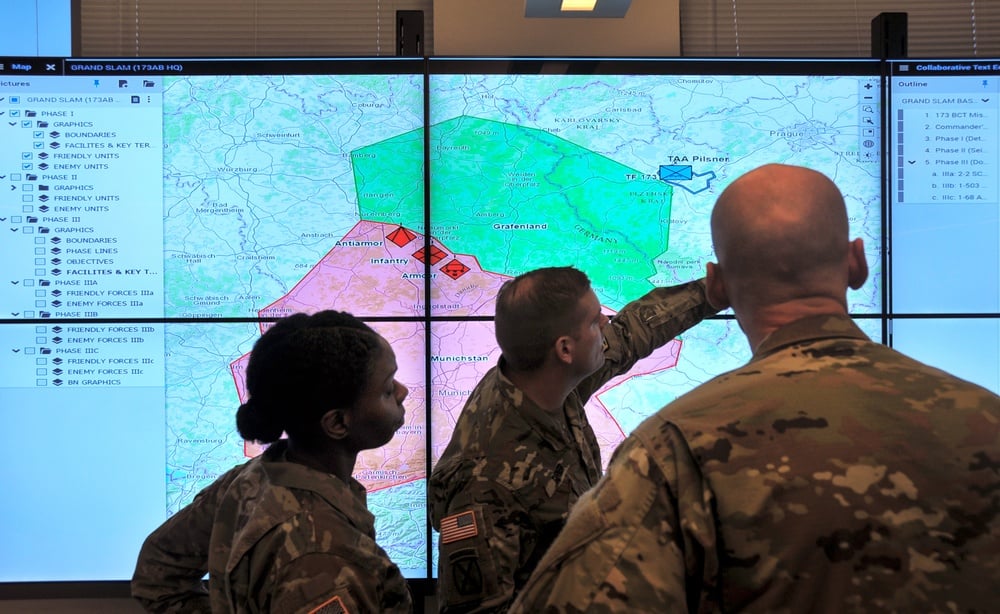PATRICK TUCKER
Commercial space communications, cyber effects, and influence operations are key to preventing or winning conflicts, Lt. Gen. John Braga, who leads U.S. Army Special Operations Command, said Tuesday. The United States must continue to develop each of those capabilities—and joint concepts for deploying them together—a concept modeled partially off of Ukraine, he said.
With news of high casualties emerging from areas like the Donbas, another statistic has escaped public attention, Braga said.
“Sixteen thousand Russian soldiers have deserted. Sixteen thousand have been taken off the battlefield without having to expend kinetic rounds. That's probably a combination of effects," he said during the Space Missile Defense Symposium in Huntsville, Alabama. "I would suggest that have been assisted by space capability, cyber capability, human capability, and just old-school information operations there.”
“The importance of information ops, I think, it's the most important lesson learned from Ukraine right now. And it does apply to Taiwan or the INDOPACOM scenario,” he said, referring to the effort to deter a Chinese invasion of Taiwan.
As the U.S. military has shifted away from the Middle East to counter China and Russia, U.S. special operations forces have begun to emphasize the role of rapid access to data and asymmetrical capabilities like drones and cyber effects. Braga said the war in Ukraine illustrates what those capabilities look like when they are employed as part of a coordinated effort, with each leg of the triad providing support to the overall structure. And the United States is not alone in reaching that realization.


:quality(70)/cloudfront-us-east-1.images.arcpublishing.com/archetype/UGRMT5L5N5B6ZIRMDSGDA3WW7U.jpg)

 Depiction of an NGAD-like manned tactical jet being refueled. (Lockheed Martin)
Depiction of an NGAD-like manned tactical jet being refueled. (Lockheed Martin)










